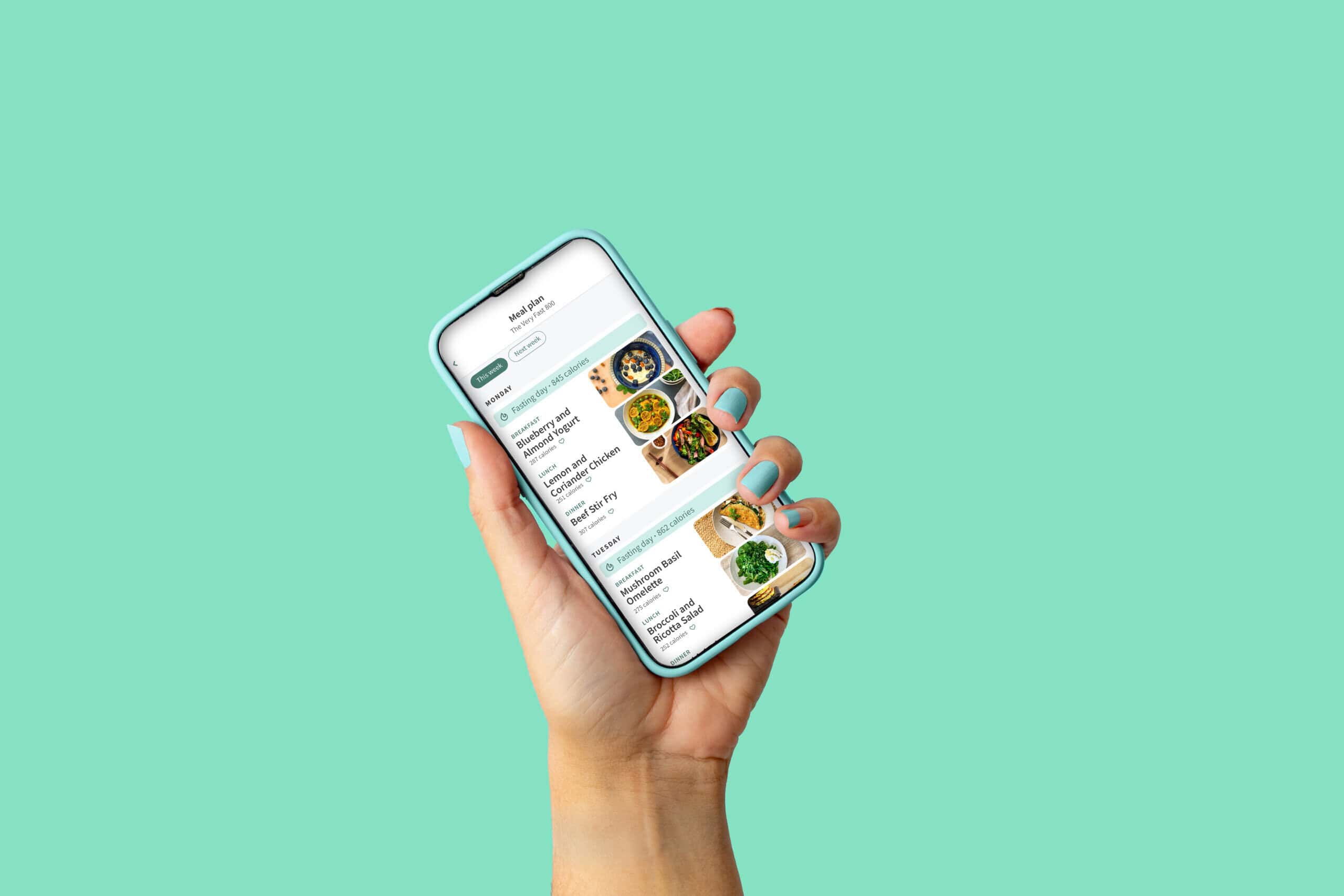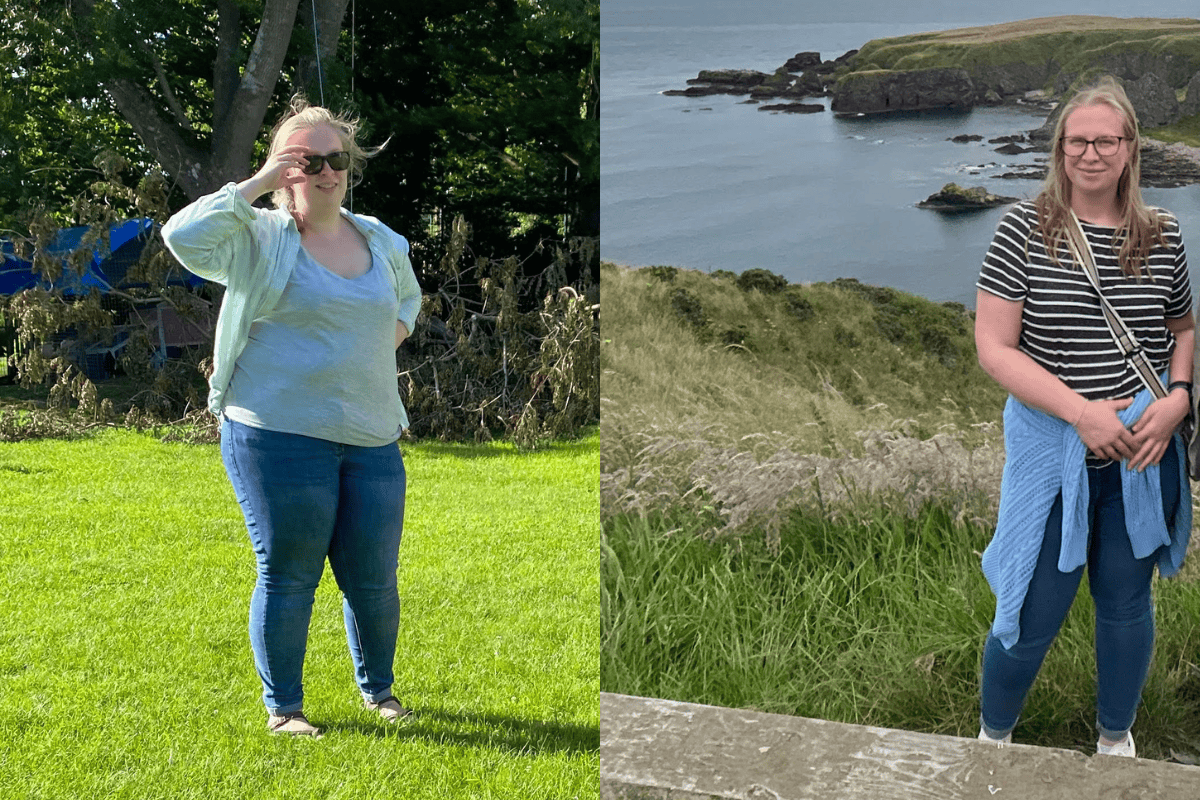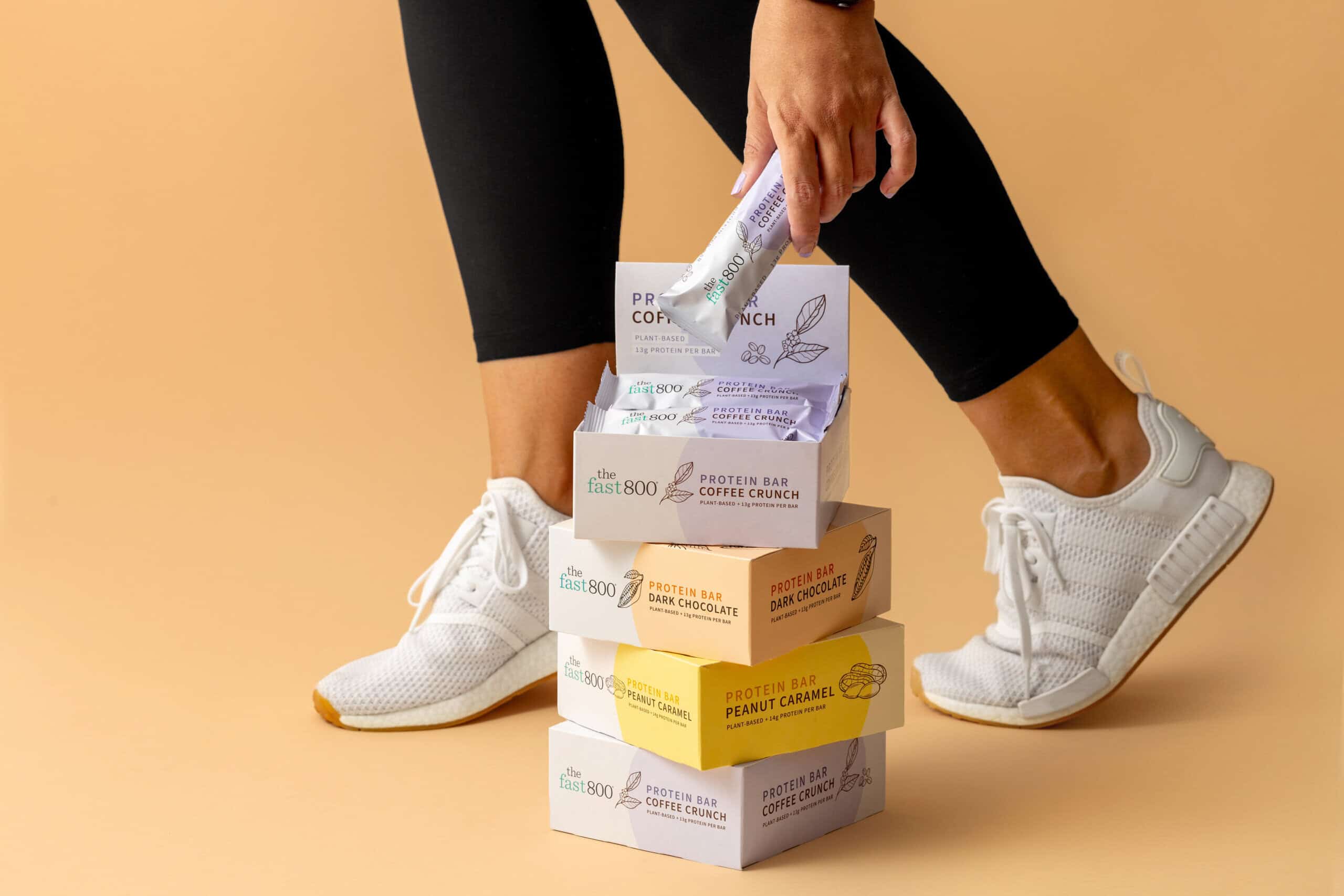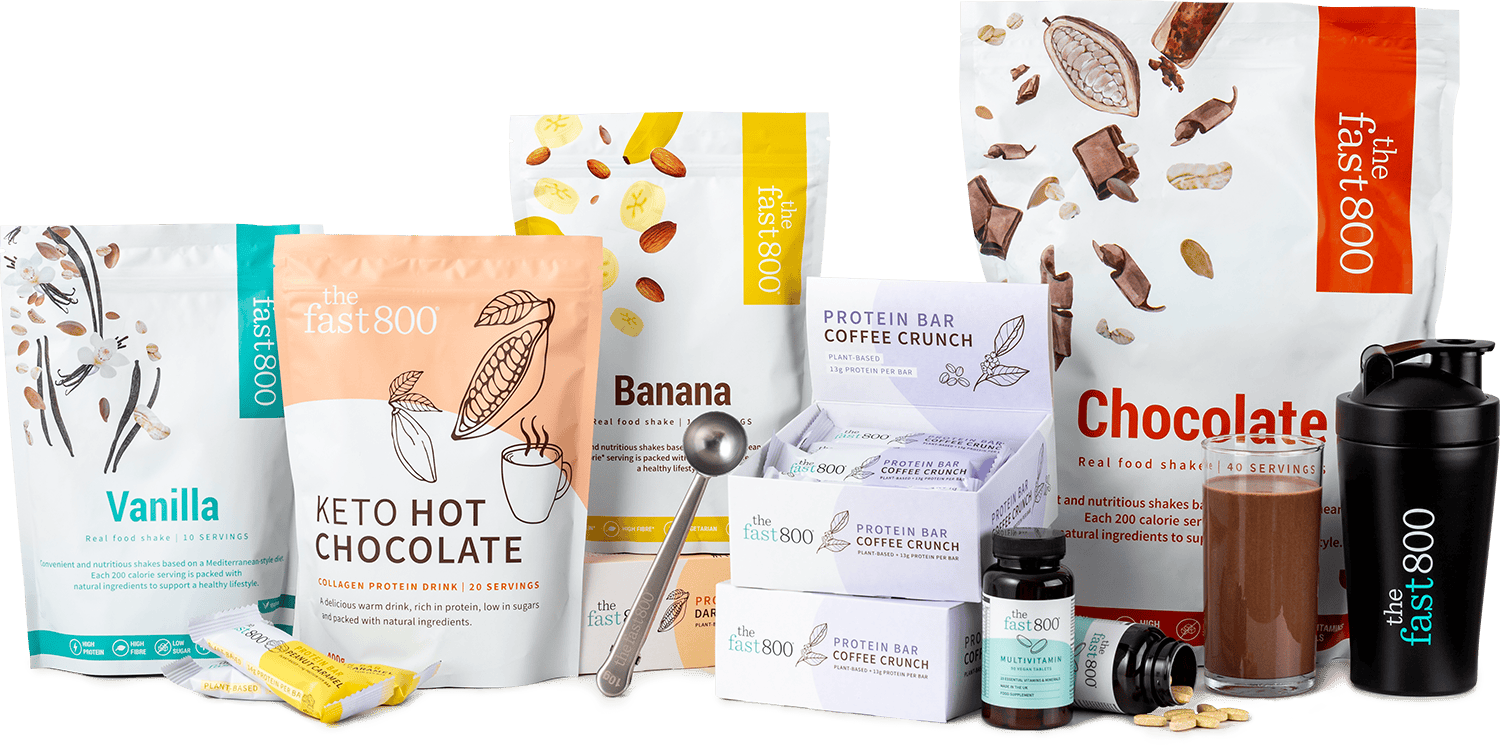How To Stop Eating Junk Food
How to stop eating junk food
Most of us at one point or another have treated ourselves to an on-the-go burger, a night in pizza feast, or even got into the habit of including a chocolate bar into our work packed lunches; it can taste good, gives us a ‘boost’, feels indulgent and can be very convenient. However, the taste and the convenience of junk food aren’t the only reasons we reach for it so often. These kinds of foods nip us in a cycle that leads to cravings that are hard to resist, similar to that of an addiction.
Why do we eat junk food?
Dr Michael Mosley, reflected on a celebrity junk food experiment he ran and said that “there is something about junk food that seems to override our normal feedback mechanisms and encourages us to overeat”.[1] Junk food triggers the same brain circuits as addictive substances, which may explain why so many people struggle to stop eating ultra-processed foods, which overtime can lead to weight gain and potentially chronic conditions such as type 2 diabetes and cardiovascular disease.
Why do we struggle to give it up?
Giving up junk food isn’t necessarily just down to sheer willpower; there are psychological and physiological factors that can make quitting difficult. Believe it or not, food manufacturers tap into the universal slumps we get during the day, and target those times where we feel most in need of a boost. Our brains also tend to reach for these kinds of foods when we’re tired, mindlessly doing other tasks, or in need of convenience. However, there are ways to reverse these cravings and kick the habit.
Join our email community
Learn more about The Fast 800 approach to healthy living by receiving our free content, health tips and recipes as well as exclusive offers, delivered straight to your inbox.
5 tips on how to stop eating junk food
Prioritise a good night’s sleep
Not getting enough sleep plays a huge role in your junk food cravings and in your inhibitions, causing it more difficult to resist unhealthy food.[2] Furthermore, sleep deprivation peaks a lipid in your bloodstream called an endocannabinoid actually making eating more pleasurable. So try to get an earlier night, and reduce your risk of reaching for unhealthy food.
Pre-pack your lunch
A 2015 study found that fast food consumption and our eating behaviours while we’re outside of the home is a main risk factor for lower diet quality, with higher fat and calorie intake.[3] The convenience of eating on the go, and the kick that a sugar hit gives you while you’re out and about can result in poor food choices, so try to anticipate this if you know you’re going out. Pack your lunch ahead of time for a meal just as convenient, but without the negative effects. Alternatively, The Fast 800 Shakes are a fantastic alternative for busy days – around 200 calories per serving, packed with protein and low in carbohydrates. They’re handy to keep with you at work, or while you’re out and about, if you need a backup option to stop you from reaching for junk food.
Try simple swaps
Quitting bad health habits cold turkey isn’t going to necessarily help you in the long run. Making some simple swaps can begin to rewire your brain, and help you to make this a long-term change. Switch out your daily chocolate fix for nuts and seeds instead, try Greek yoghurt with berries instead of pudding for dessert, or try swapping your simple carbs for a veggie alternative, like cauliflower instead of white rice. There are plenty of recipes out there that are healthier alternatives to favourite junk foods if you’re struggling for inspiration.
Eat mindfully
Often we turn to junk food at a time of convenience or thoughtlessness, when our focus isn’t on the food itself but rather on a different task or activity, like watching TV and grazing, for example. However, simply turning our attention to what and how we’re eating can make a big difference. According to a 2018 study, there is a link between the practice of mindful eating and the reduction of food cravings.[4] Make sure that you eat mindfully, and focus on the textures, taste and smell of the healthier food you eat, and you might find a reduction in how often you reach for those mindless snacks.
Track what you eat
Making yourself accountable for what you eat can show what you’re capable of controlling and may be enlightening to food habits you didn’t know you had. Try also noting how you feel throughout the day when eating high-sugar and high-fat foods, and see if there is a correlation between how sluggish you feel, or how your moods fluctuate. Trying a Programme like The Fast 800 is the perfect way to be fully accountable for your intake, so you can maximise your results and try different methods until one works best for you. Not only this but our in-house nutritionist has built meal plans for you, using delicious and healthy Mediterranean-style recipes, taking the time of planning and calculating off your plate.
In summary
Junk food eating habits are something that can drastically change your health and mental well-being, but it is possible to change this. Simple steps like getting enough sleep, preparing meals in advance and keeping yourself accountable can all help to ensure you’re on the right track to kicking the habit. If it feels overwhelming at first and you want to learn more about how to stop eating junk food why not try our 7-day free trial for The Fast 800 Programme, now available as an app too!
Mosley, M., 2019. Celebrity Junk Food Diet Experiment – The Fast 800. [online] The Fast 800. Available at: https://thefast800.com/junk-food-diet-experiment/; [Accessed 31 August 2022].
Hanlon, E., et al., 2022. Sleep Restriction Enhances the Daily Rhythm of Circulating Levels of Endocannabinoid 2-Arachidonoylglycerol. Accessed: National Library of Medicine
Bahadoran, Z., et al. 2015, Fast Food Pattern and Cardiometabolic Disorders: A Review of Current Studies.
Dunn, C., et all. 2018, Mindfulness Approaches and Weight Loss, Weight Maintenance, and Weight Gain.Accessed: National Library of Medicine











